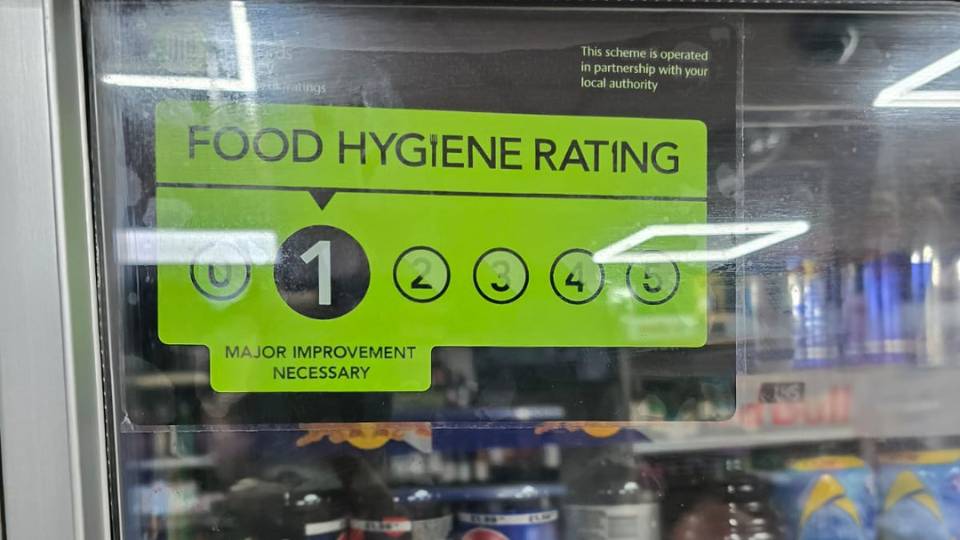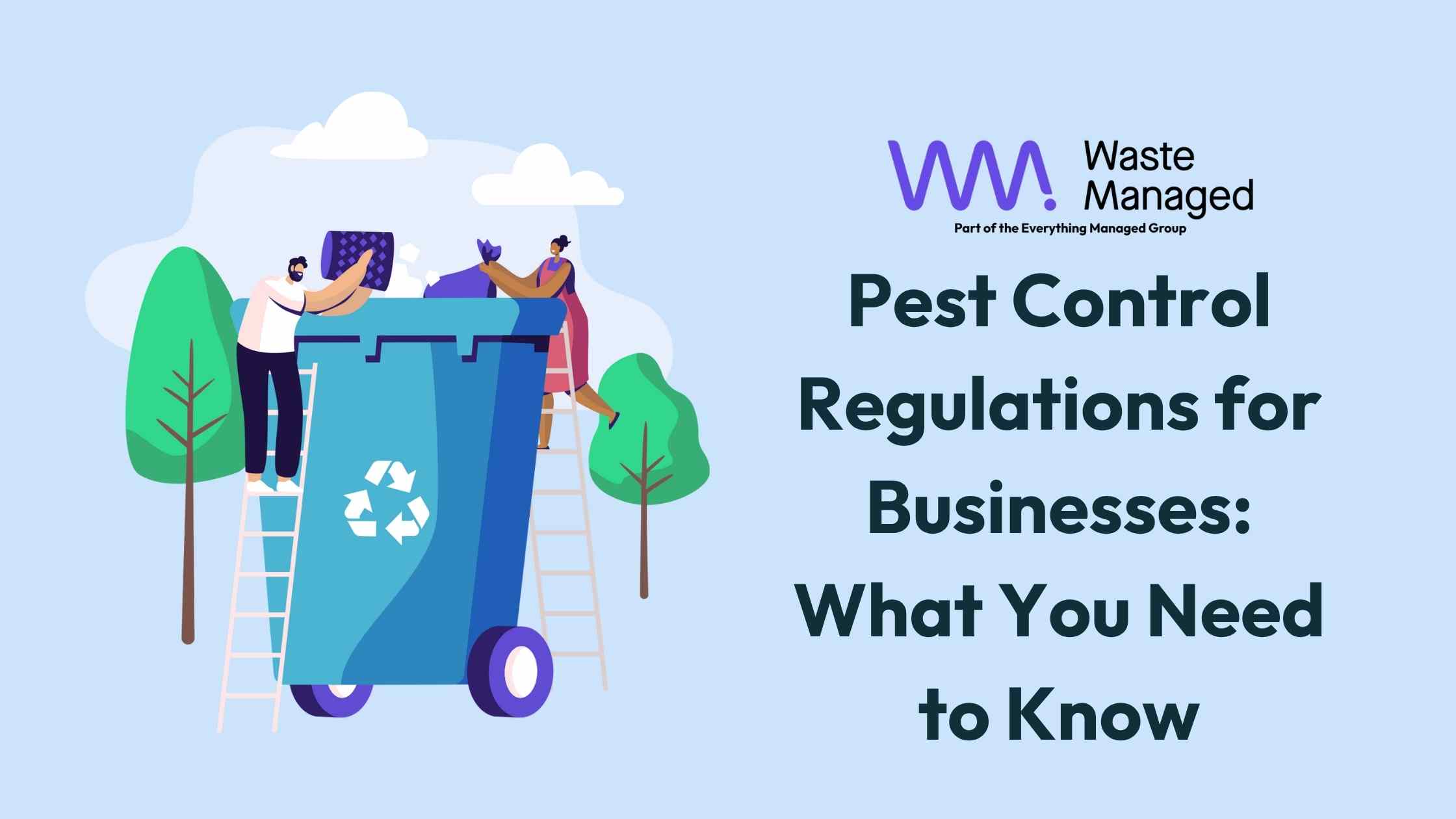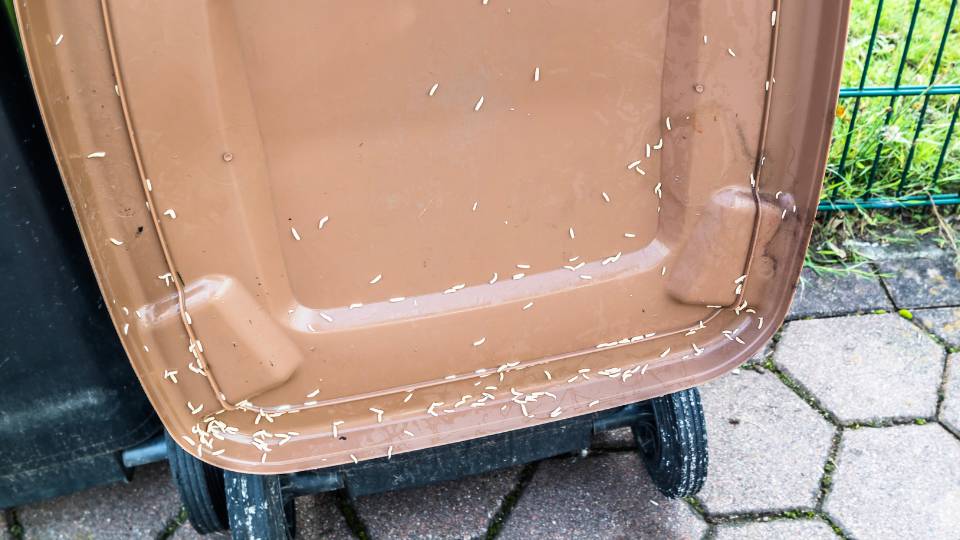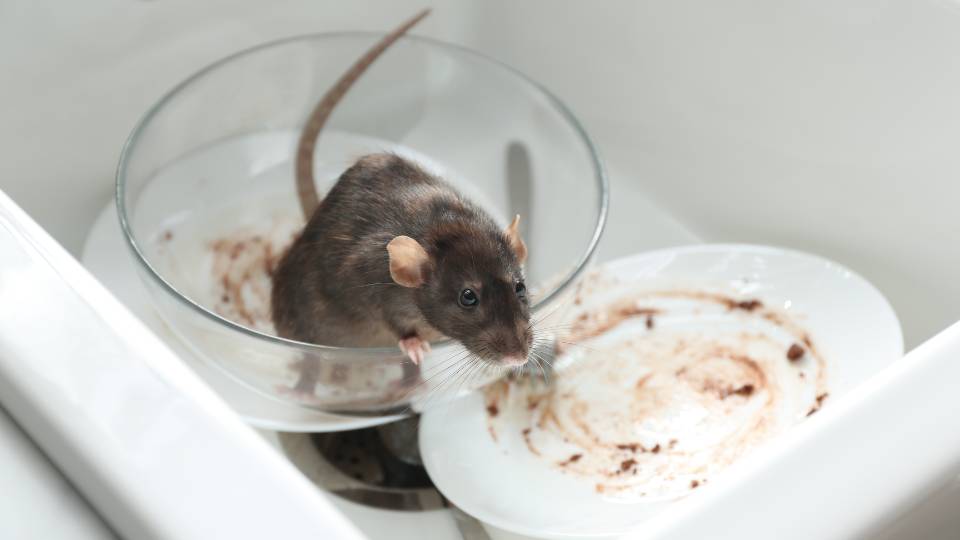
Rats and rat infestations can pose significant challenges for businesses, leading to health risks, property damage, and reputational harm.
The UK’s rat population has surged in recent years, particularly during the COVID-19 pandemic.
In 2020, the rat population increased by 25%, from 120 million to 150 million, due to factors like increased domestic waste and reduced pest control services.
Table of Contents
- Understanding the Rat Problem
- Signs of a Rat Infestation
- Steps to Eradicate Rats
- Statistics about Rat Pest Control
- Conclusion
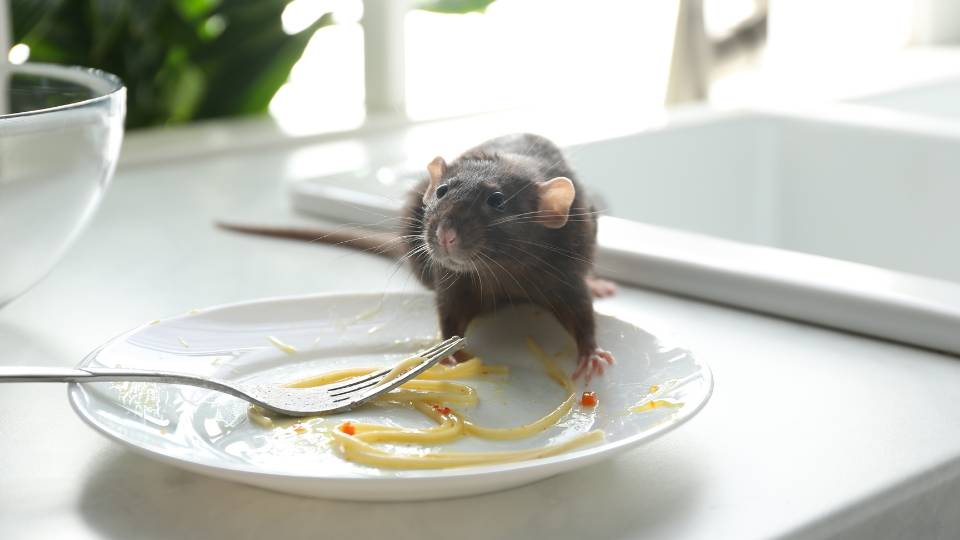
Understanding the Rat Problem
Rats are a common issue in the UK, with approximately 3.2 million of these rodents estimated to inhabit urban areas.
The cost of rodent damage to UK businesses runs into millions each year, with the food industry being particularly hard hit.
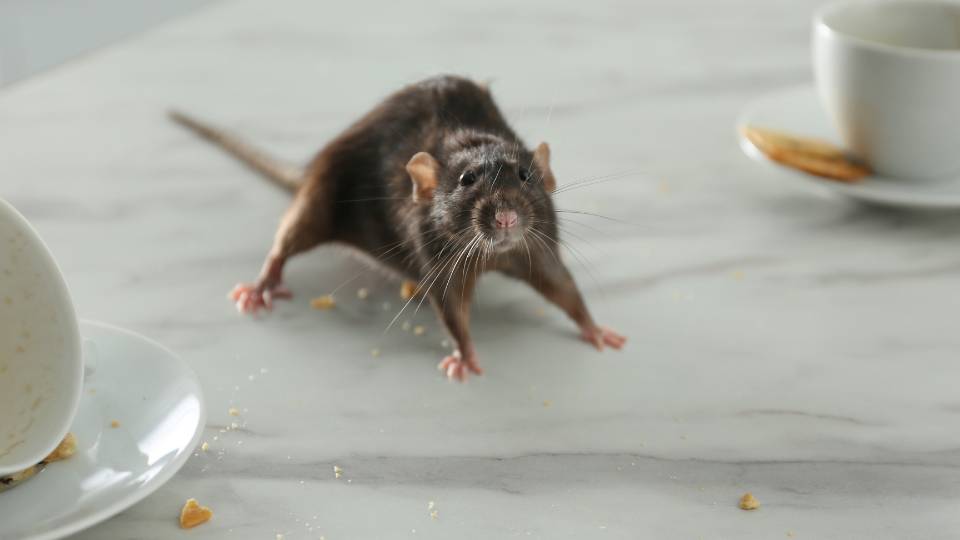
Signs of a Rat Infestation
- Droppings: Rat droppings are small, dark, and pellet-shaped.
They are often found near food sources, under sinks, and along walls.
- Gnaw Marks: Rats chew on wood, plastic, and even electrical wiring, which can lead to fire hazards.
- Nests: Rats build nests from shredded materials.
Look for them in hidden areas like attics, basements, and behind appliances.
- Noises: Scratching or scurrying sounds, especially at night, can indicate rat activity.
- Smell: A strong, musky odour may indicate a significant infestation.
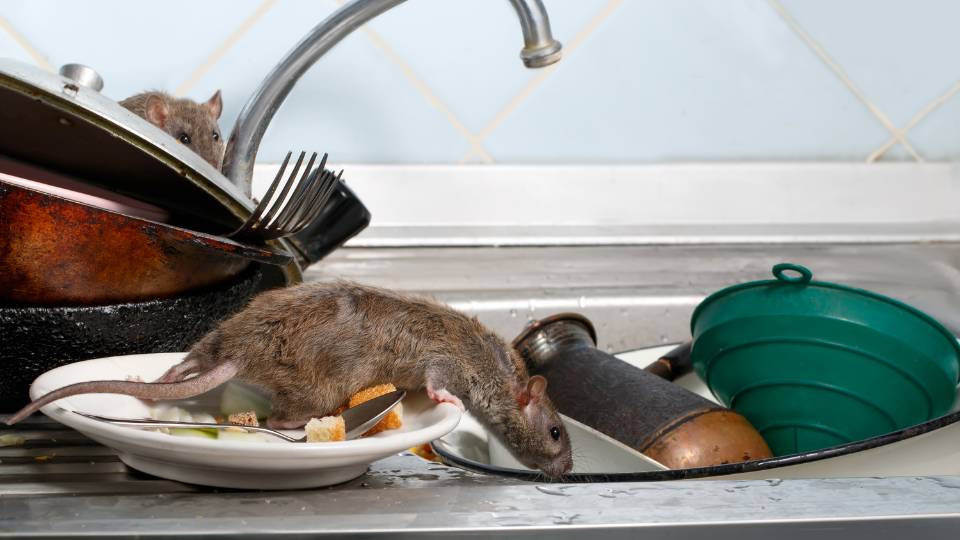
Steps to Eradicate Rats
1. Identify the Rat Infestation
Before taking action, identify the extent of the infestation.
Conduct a thorough inspection of your premises to locate nesting sites and entry points.
2. Seal Entry Points
Rats can enter through holes as small as 15mm.
Seal all cracks, gaps, and holes in walls, doors, and foundations.
Use materials like metal mesh, concrete, and caulk to block access.
3. Remove Food and Water Sources
Rats are attracted to food and water.
Ensure that food is stored in sealed containers and that spills are promptly cleaned up.
Fix any leaks and ensure that waste bins are securely closed.
4. Use Rat Traps and Baits
Traps and baits can be effective for controlling rat populations.
Snap traps, electronic traps, and bait stations are commonly used.
Place traps along walls and in areas where rats are active.
Use bait stations responsibly to avoid harming non-target animals.
5. Call Professional Pest Control
For severe infestations, professional pest control services are recommended.
Pest control experts use a combination of traps, baits, and preventive measures to eradicate rats and prevent future infestations.
6. Maintain Cleanliness and Monitoring
Regular cleaning and monitoring are key to preventing re-infestations.
Conduct regular inspections and keep your premises clean and clutter-free.
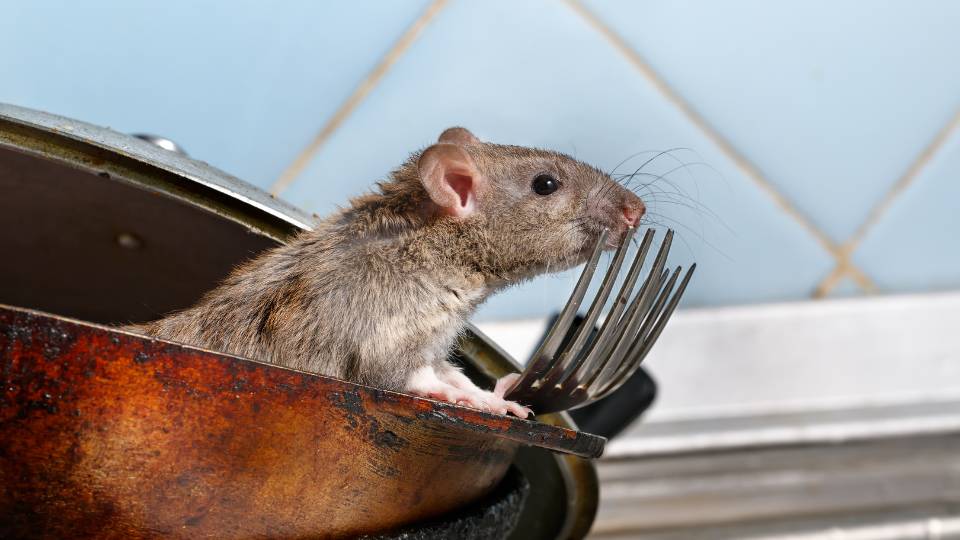
Statistics about Rat Pest Control
- Over 70% of pest controllers reported an increase in rat-related calls since March 2020.
- Rats have caused 51% of animal damage incidents to UK vehicles, highlighting their widespread impact.
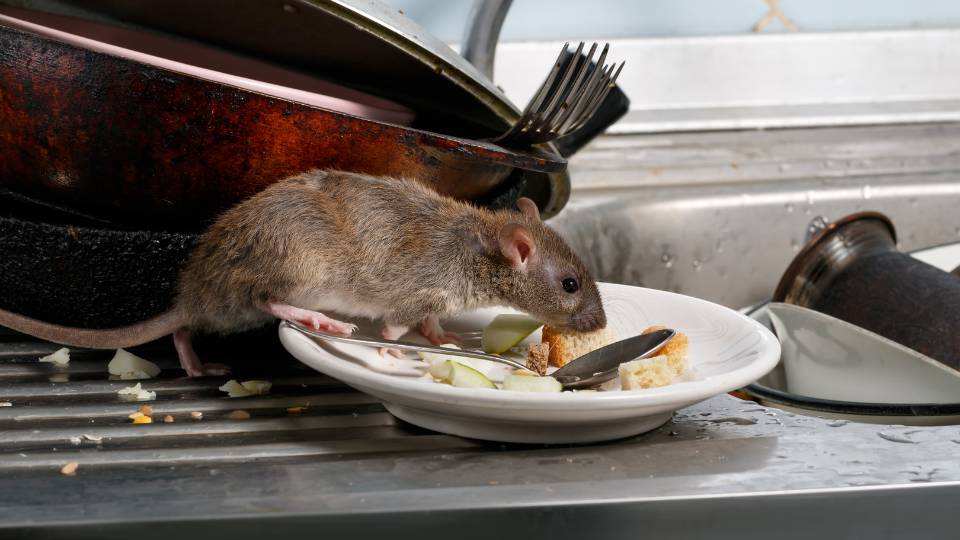
Conclusion
Dealing with a rat infestation requires vigilance, prompt action, and sometimes professional assistance.
By understanding the signs, sealing entry points, maintaining cleanliness, and using appropriate traps and baits, UK business owners can effectively manage and prevent rat problems.
Make sure you get in touch if you need to know more about our pest control services.

